Mark Gilbert for Bloomberg Opinion about the shortcomings of responsible investment opportunities:
Investors continue to pour funds into passive investment products that aim to replicate the performance of benchmark indexes. They’re also increasingly keen that their money gets used to influence corporations to stop damaging the planet and improve social inclusiveness. Unfortunately, many of the products designed to achieve both objectives currently fall short on the goal of responsible investing.
The shift in emphasizing environmental, social and governance issues puts pressure on the index providers to come up with benchmarks that more accurately reflect the concerns investors are attempting to express by allocating capital to ESG investment products. Currently, though, even dedicated ESG indexes have shortcomings that many investors are probably unaware of.
The U.S. Vegan Climate exchange-traded fund, for example, tracks a $124 billion index created by Beyond Investing that excludes companies engaged in a laundry list of potentially harmful activities, including animal exploitation, human rights abuses and fossil fuels extraction. While the $14 million ETF’s top five holdings — Apple Inc., Microsoft Corp., Facebook Inc., Visa Inc. and Mastercard Inc. — may all meet those criteria, they’re hardly the first names that spring to mind when thinking about the words vegan or climate. And there are many other examples.
But Gilbert sees a way out:
There are two main routes whereby ETF providers can meet the implicit demands of clients allocating money to passively managed ESG products. The first is to use their collective muscle to prompt index providers to increase the granularity of the benchmarks used to shape asset allocations. Improving the discrimination of ESG indexes would go a long way to ensuring investors aren’t being hoodwinked into products that aren’t as green or socially savvy as they first appear.
The second is trickier. Excluding companies deemed to be damaging the environment or being socially irresponsibly isn’t enough to move the needle. Engaging with the boards of those firms and using the clout of a shareholding to force them to change their ways is much more effective.
After BlackRock announced last week that it would try to shift its focus to try to reflect its values, I hope we continue to push this discussion into wider forums. Voting with cash is the strongest vote we have.
